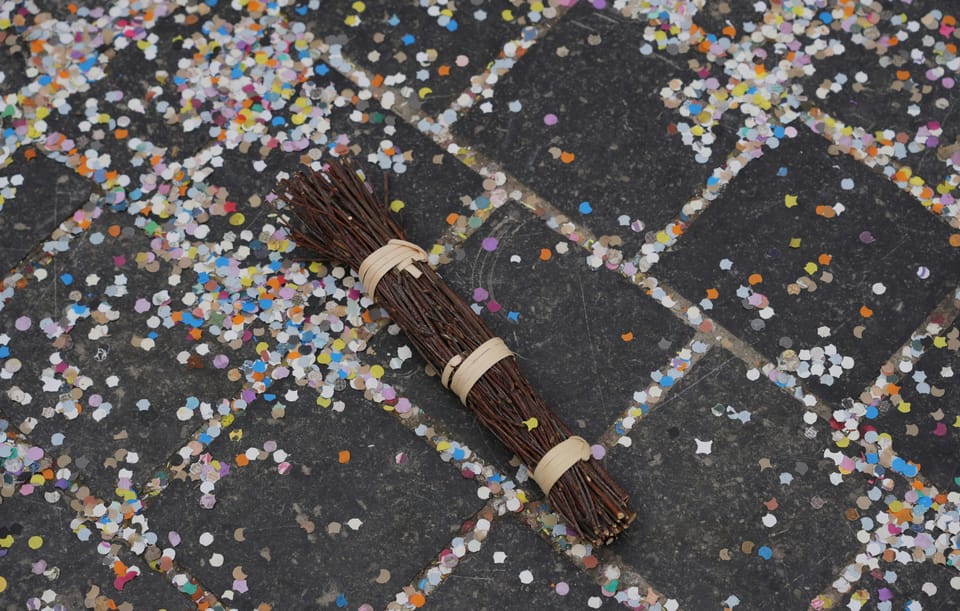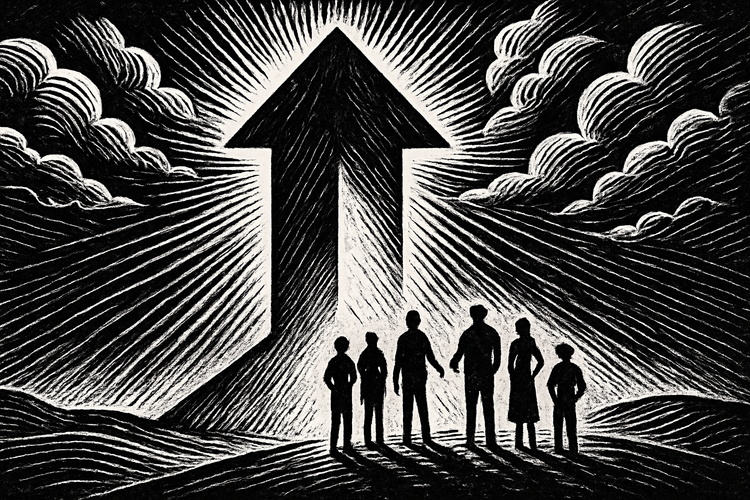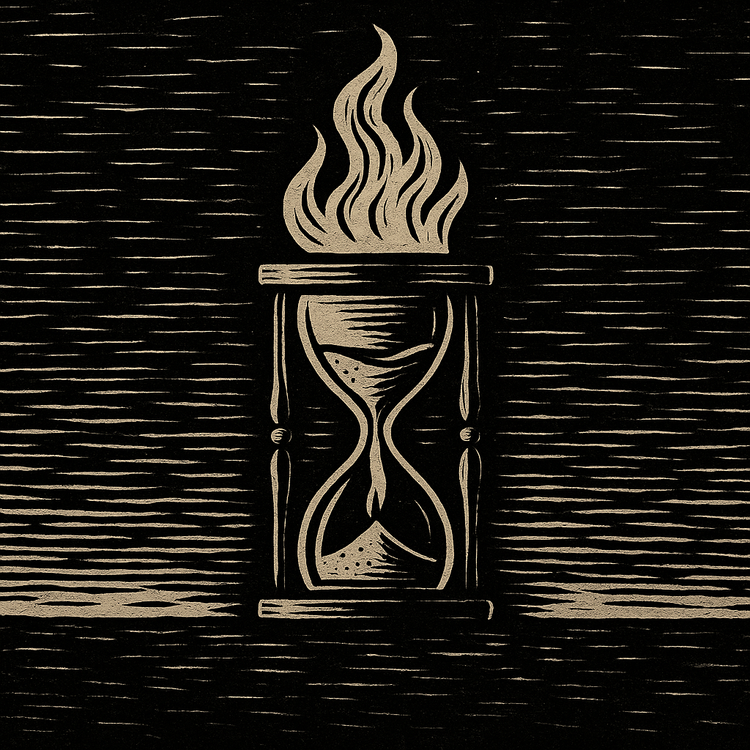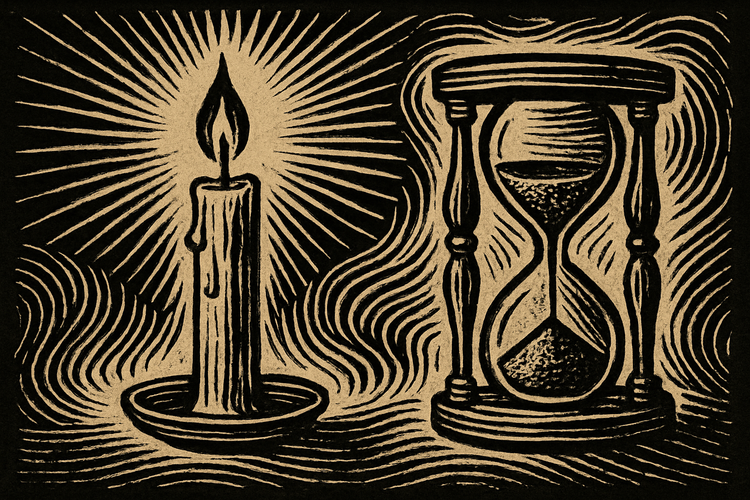The Good Place S1E2 – “Flying”

Spoiler Warning: This reflection contains full spoilers for The Good Place, including retrospective insights and thematic allusions. It assumes familiarity with the entire series and is written from the perspective of a rewatch.
Eleanor Shellstrop made garbage rain from the sky.
That visual—a metaphor so blunt it’s practically literal—is Eleanor in a nutshell: a “garbage person,” causing a mess that lands squarely at her own feet. She’s self-involved, reflexively dishonest, and skilled at dodging consequences. Yet here, the consequences are unavoidable. Eleanor’s actions manifest in immediate, physical disasters, creating what feels like “a disgusting bowl of ethical soup.”
Her instinct, as always, is self-preservation. Chidi, ever the careful ethicist, recognizes this immediately. He’s spent hours listening to Eleanor talk endlessly about herself, and he understands the depth of her selfishness. But Chidi also believes in the possibility of change. His decision to volunteer them both for the neighborhood cleanup isn’t punishment; it’s diagnostic—a carefully constructed scenario intended to awaken Eleanor’s ethical awareness.
Yet, Eleanor stumbles. She hides trash beneath pillows and in doorways, sneaks away, and flies freely for a brief moment, ignorant or indifferent to the storm she causes. Her selfishness isn’t malicious so much as thoughtless, instinctual. As Chidi feared, her “one little flaw” of selfishness again leads directly to disaster. It’s not grand villainy—just mundane, everyday negligence.
But late at night, something quietly shifts. Eleanor wakes alone and confronts the disaster she’s caused. Her motivation isn’t altruism—she’s cleaning her own mess, driven by guilt, not goodness. Still, there’s a spark here, tiny but visible. The guilt itself matters. It’s an uncomfortable recognition that her actions affect others negatively, and feeling badly about it is the very first, fragile step toward ethical awareness. Chidi sees this remorse clearly. His decision to help Eleanor isn’t driven by naïveté but by insight: true morality rarely begins with pure intentions. More often, it starts with the uneasy awareness of one’s own wrongdoing.
The philosopher Aristotle appears implicitly through Chidi’s actions and explicitly in his classroom teachings. Virtue isn’t something people are simply born with; it’s something they must practice. Over and over, through choices large and small, individuals build character, becoming what they repeatedly do. Eleanor’s late-night cleanup, though flawed and motivated by self-centered shame, is nonetheless practice—a small habit forming the foundation of what could eventually become genuine virtue.
Michael, meanwhile, intensifies the pressure—subtly torturing Tahani by feigning comprehension of Jianyu’s silence, amplifying the tension around “something being wrong.” Indeed, much is wrong, starting with Eleanor herself, now facing a cryptic, threatening note slipped beneath her door: “you don’t belong here.” Yet that tension underscores the episode’s gentle optimism: Eleanor doesn’t belong, but “not belonging” doesn’t have to be permanent. This note marks not the end of her ethical journey but its very beginning.
In “Flying,” flight symbolizes not only freedom or reward but also escape and avoidance. Eleanor initially chooses escape, causing literal garbage to rain from the heavens. Yet, by episode’s end, flight takes on a subtler meaning: the potential for moral elevation, rising above instinctual selfishness, however slightly. Eleanor is still too self-absorbed to be truly good, but importantly, the show emphasizes “too selfish to ever be a good person” isn’t actually true. People can learn; they can improve.
“You get to avoid eternal damnation!” Chidi jokes, half-seriously. But beneath his humor lies the quiet promise of ethical growth—not through grand gestures, but small, sincere acknowledgments of guilt, responsibility, and eventually, change.
Eleanor Shellstrop isn’t good yet. But she’s taken her first real step—not into the sky, but toward self-awareness, into the messy, uncomfortable, and entirely human process of becoming better.



Comments ()